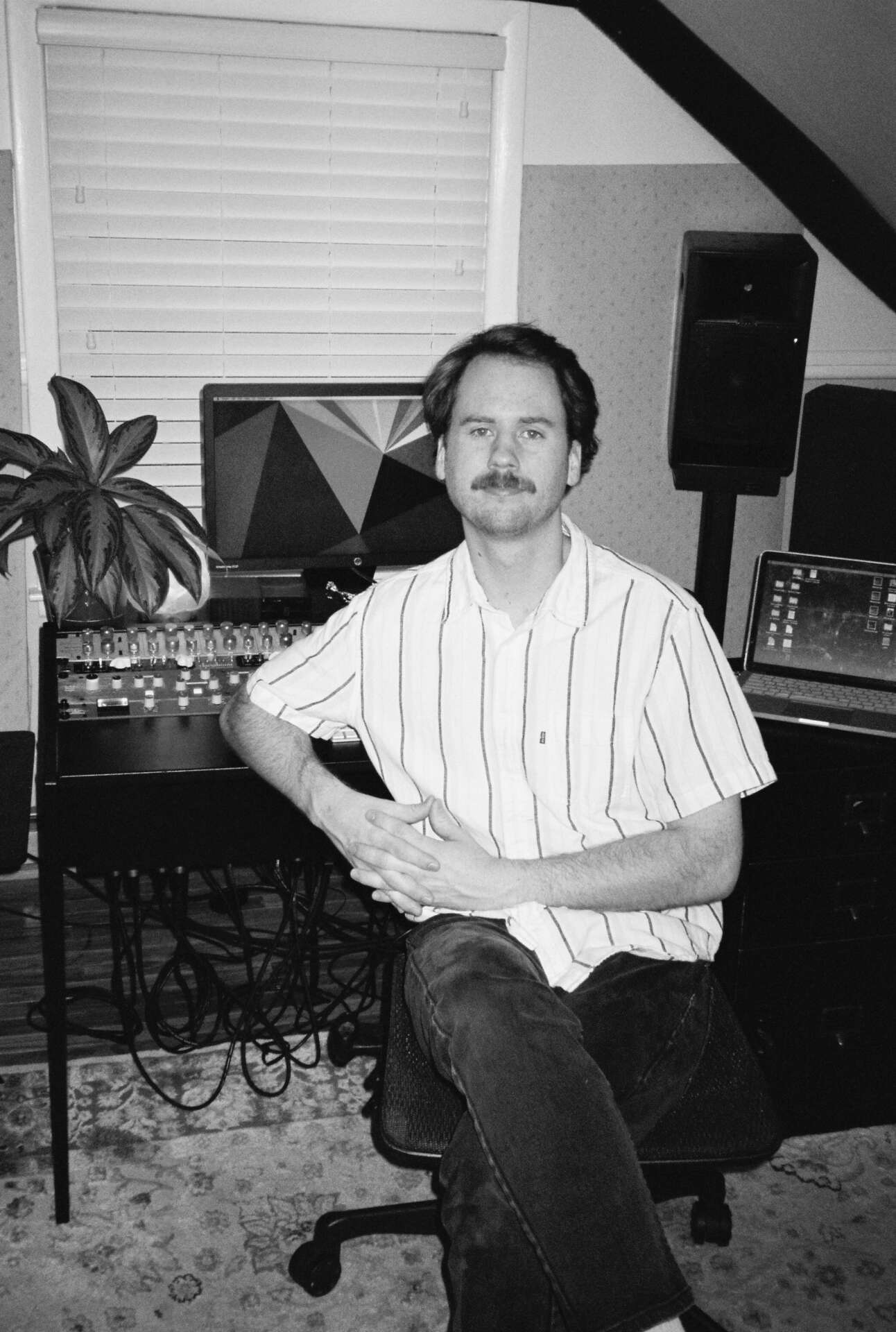We caught up with the brilliant and insightful Connor Gilmore a few weeks ago and have shared our conversation below.
Connor, thanks for joining us, excited to have you contributing your stories and insights. Naming anything – including a business – is so hard. Right? What’s the story behind how you came up with the name of your brand?
I had a really hard time coming up with a company name. With music/audio production companies, its hard not to pick something cheesy and on the nose, but you don’t want it to be too out there that it would cause any confusion as to who you are and what you do. I thought about just naming it “Gilmore Mastering”, but then that might limit me if I eventually want to build a team of engineers to work for the company. I ended up on “Gold Sounds Mastering” because of the Pavement song, Gold Soundz. I love that song, the first line is “Go back to those gold soundz” and I just thought it was a perfect name for anything related to audio. It felt classic and not too corny.
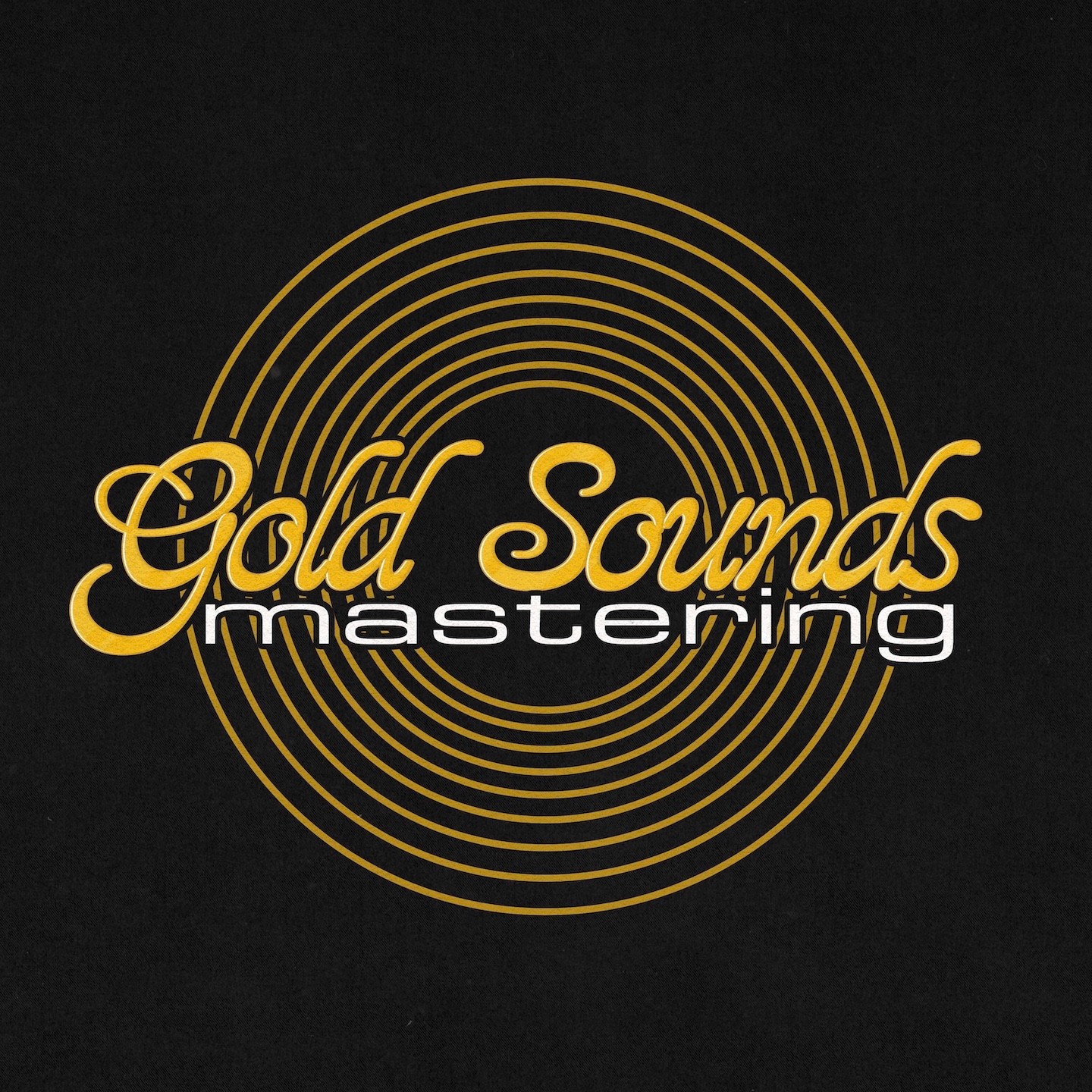
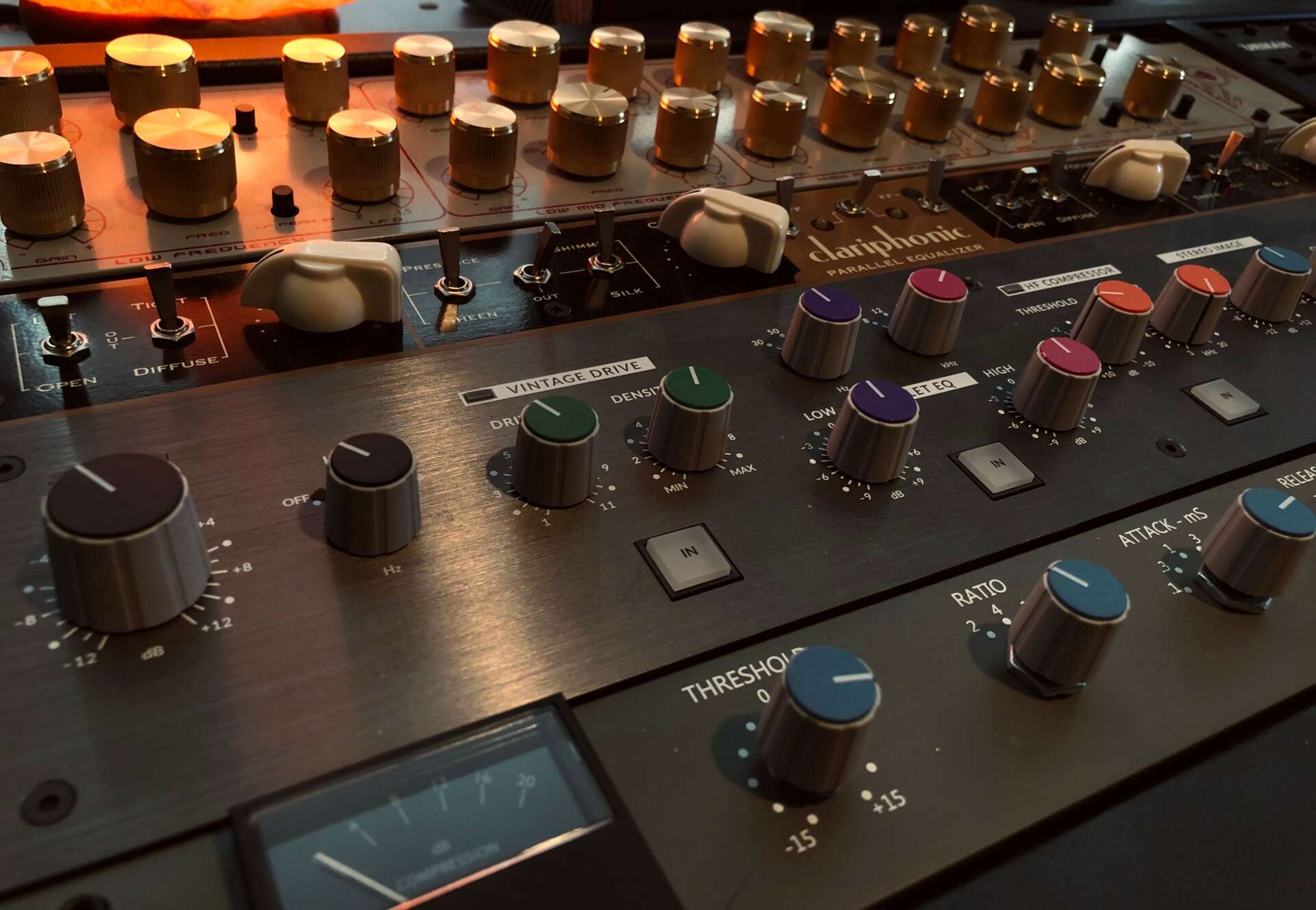
As always, we appreciate you sharing your insights and we’ve got a few more questions for you, but before we get to all of that can you take a minute to introduce yourself and give our readers some of your back background and context?
I am an audio engineer, but specifically a mastering engineer. A lot of people don’t totally know what the mastering portion of production is, but every song has to be mastered.
Mastering is the final step in the production process. If creating a song was like making a car, mixing would be putting all the car parts together, and mastering would be detailing and washing the car; making sure it’s perfect and ready to be put out on the sales lot.
It requires a series of processing to bring a mix to its fullest potential; i.e. shaping the tonal balance (surgical and enhancing EQ), coloration (stereo width manipulation and saturation), and dynamic control (compression and limiting). A big part of mastering is bringing the mix up to a commercially competitive loudness without degrading the song with too much compression. A lot of people think mastering is just slamming the mix into a limiter and making it louder, but I’d say about 80% of the process is EQ work. Using EQ to clean the mix and increase the perceived loudness. That’s the trick.
I’m also responsible for providing the client with all deliverables; all possible file types and for some releases, metadata such as ISRC codes.
A Mastering Engineer is the final Quality Assurance before the song is released. You have to know how a finished record should sound and know exactly how to get the mix to that point. Theres no room for error here, the mastering engineer creates the “Master File” from which all future copies will be made.
My goal is to give my clients peace of mind and assurance that their song will sound as good as it can and that the record is officially “finished”. I love being in this position, because by the time a client comes to me, they’ve been working on this music for months maybe even years. It’s their baby at this point. Its so rewarding for both parties to tie a bow on their project and send it out the door.
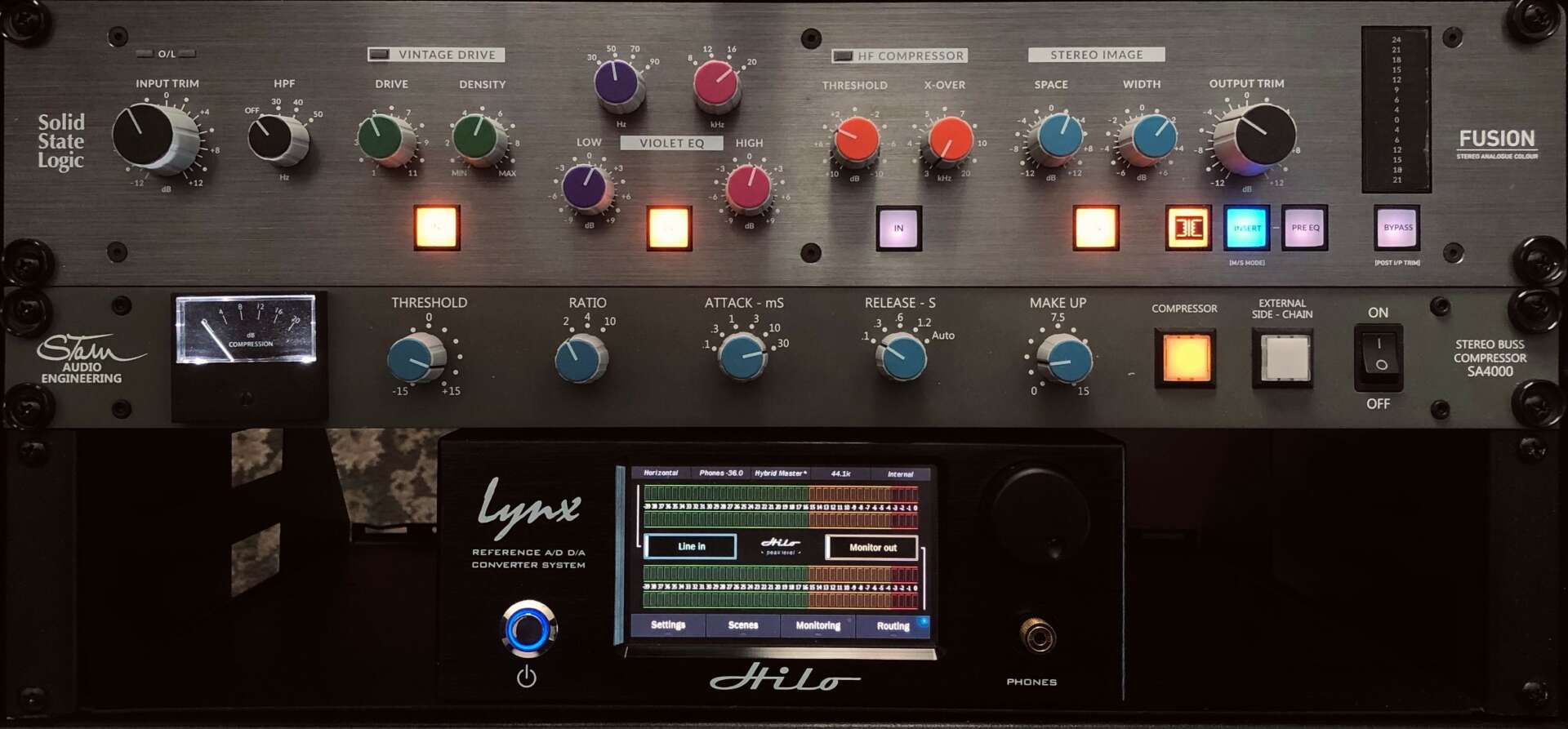
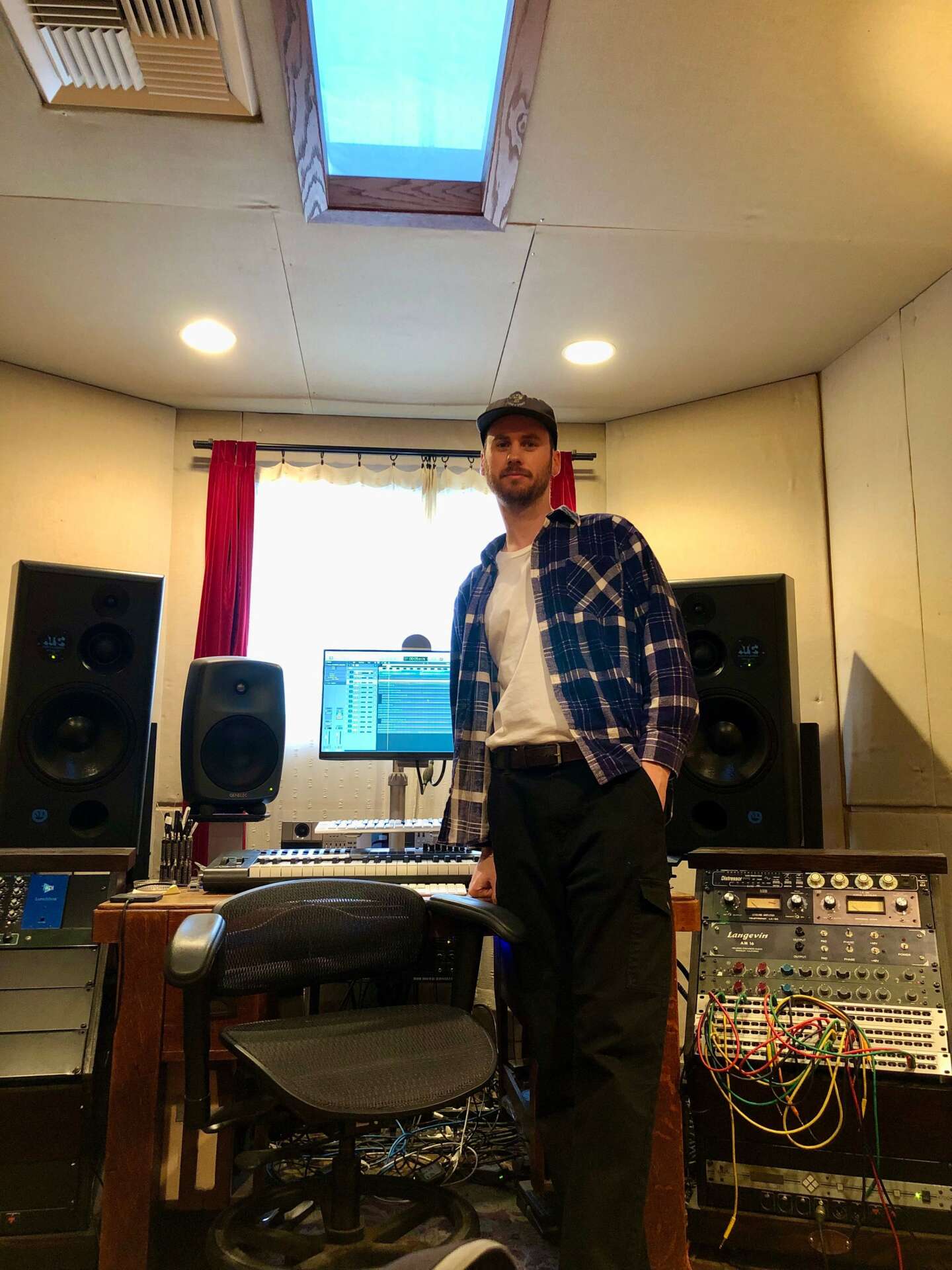
What do you find most rewarding about being a creative?
As I’ve previously touched on, it is so rewarding being a part of the creative process of producing a song. Artists and producers work so hard on these records and being the engineer that takes them across the finish line feels really special to me. By the time a song gets to the mastering stage, clients have been working on it for so long, they, understandably, can lose an objective perspective on the song and how it sounds. I get to be that objective third party with the technical expertise to bring them peace of mind and help them complete their creative process. That is the most rewarding part of it for me.
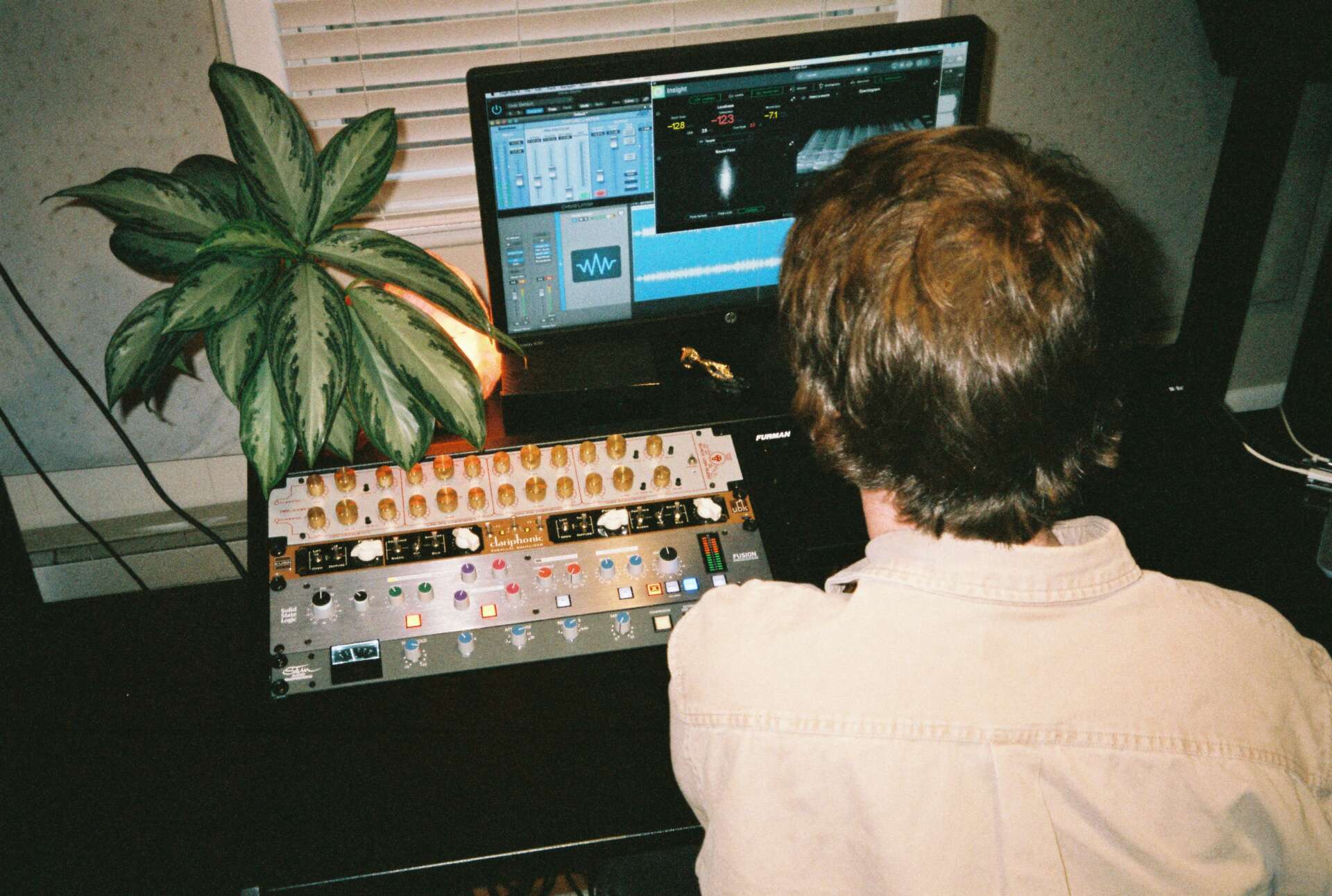
What’s a lesson you had to unlearn and what’s the backstory?
It sounds cliche, but the lesson I had to unlearn is all of the rules with mastering or with music production in general. I cant tell you how many youtube videos I watched early on called “how to get a perfect master” or “DONT do THIS when mastering” or whatever.
There were so many people saying “you HAVE to master with analog gear”, “never go past ‘x’ amount of gain reduction when compressing”, “don’t go past this level of loudness”, “your EQ curve has to look like this”, etc.
Don’t get me wrong, I love using analog gear and there are definitely limits to what you should and shouldnt do in the mastering stage, but at the end of the day, the audio I am working on is art. Its music! Ever song is different and requires a unique approach. Some songs sound great compressed to oblivion, some sound great with no compression at all. I think a lot of people would be surprised to see how their favorite songs were made and would think twice about swearing by those youtube tricks they thought would help them make their song sound good.
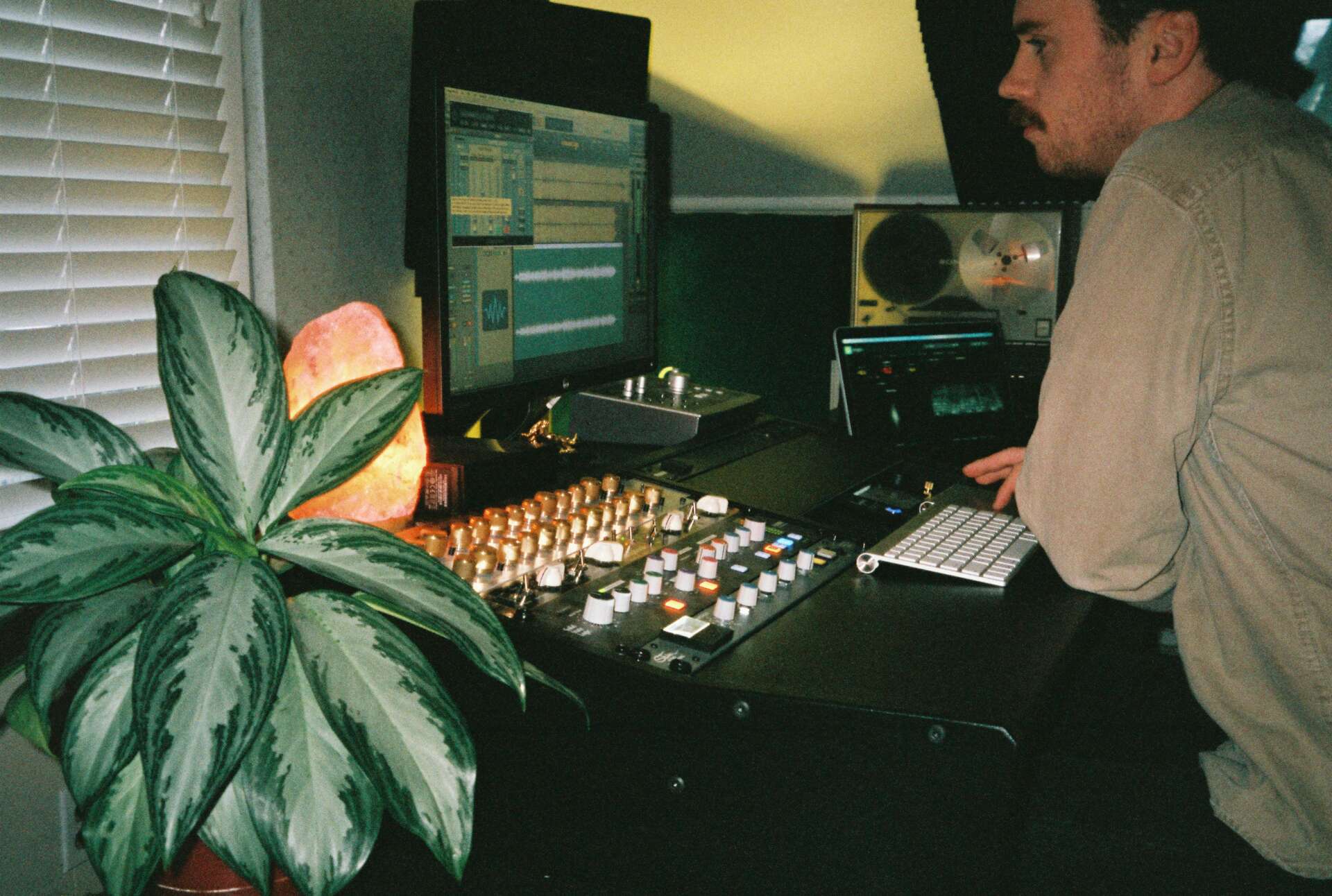
Contact Info:
- Website: https://www.goldsoundsmastering.com/
- Instagram: https://www.instagram.com/goldsoundsmastering/
- Linkedin: https://www.linkedin.com/in/connor-gilmore-8945a1160/


